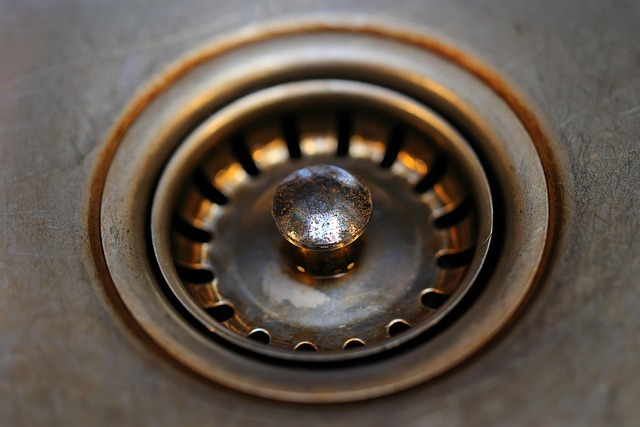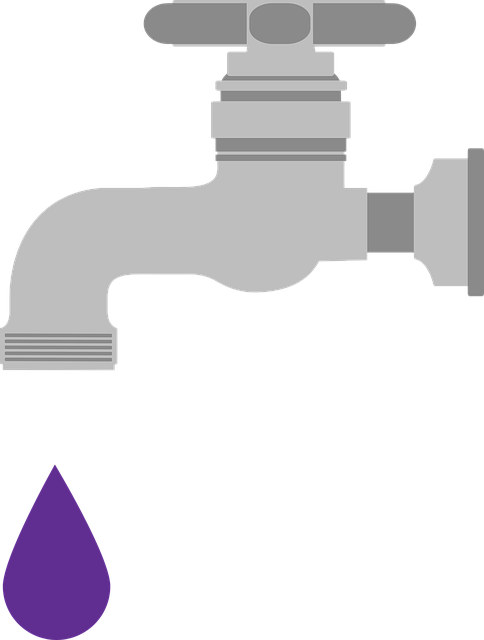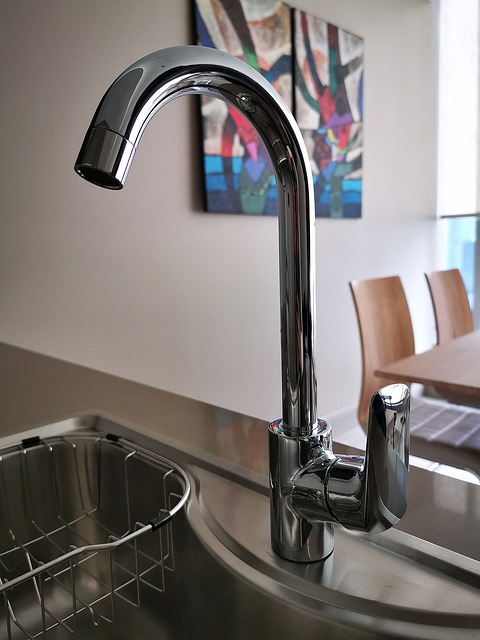Gurgling sinks, slow drainage, bad odors, and blockages are clear signs of clogged drains. Promptly addressing these issues through simple troubleshooting prevents major plumbing problems. Regular maintenance like using vinegar, avoiding grease, and strainers reduces future clogs. Recognizing the signs and taking preventive measures keeps your home's sinks running smoothly.
Are you tired of hearing those annoying gurgling sounds in your sink? Don’t worry, you’re not alone! This article unravels the mystery behind the gurgles, revealing the common causes of clogged drains. From hair and grease to foreign objects, we’ll identify the culprits that cause these pesky blockages. Learn effective troubleshooting techniques and preventive measures to keep your sinks flowing smoothly and bid farewell to unwanted gurgles – the signs of a clogged drain.
- Understanding the Gurgling Sound: Unveiling the Clogged Drain Mystery
- Common Causes of Drains Clogs: Identifying the Culprit
- Troubleshooting and Prevention: Keeping Your Sinks Running Smoothly
Understanding the Gurgling Sound: Unveiling the Clogged Drain Mystery

The gurgling sound in your sink isn’t just a curious noise; it’s a clue that something is amiss beneath the surface. Often, it’s one of the first signs of a clogged drain, a common household issue that can leave you scrambling for solutions. This distinctive gurgle occurs when water flow is restricted, causing air to bubble up through the pipes, creating that telltale sound.
While gurgling might be the most noticeable symptom, other signs of a clogged drain include slow draining, unusual odours, or even the complete inability to flush waste away. Addressing clogs early can prevent more severe plumbing issues down the line. Fortunately, with some basic troubleshooting, you can usually clear a clog without professional help.
Common Causes of Drains Clogs: Identifying the Culprit

Troubleshooting and Prevention: Keeping Your Sinks Running Smoothly

If you’ve heard the telltale gurgling sounds and are dealing with a slow or stopped-up sink, it’s time to troubleshoot and prevent further issues. The first step is to identify the source of the problem—is it a partial clog or a fully blocked drain? Start by turning off the water supply to your sink to avoid any potential overflows. Next, use hot water and a gentle but persistent force to unclog the drain. Boiling water can help dissolve some clogs caused by grease or soap scum. If this doesn’t work, try using a plunger or a chemical drain cleaner, always following safety instructions for these products.
Prevention is key to maintaining smooth-running sinks. Regularly cleaning your drains with hot water and vinegar or baking soda mixtures can help dissolve buildups before they become problematic clogs. Avoid pouring grease down the drain and use strainers to catch food scraps and hair. Additionally, consider using drain covers to prevent hair and other debris from entering the pipes in the first place. By taking these simple precautions, you can minimize the chances of experiencing that dreaded gurgling again.
In understanding the gurgling sounds in your sink, this article has unveiled the mysteries behind clogged drains, identified common causes, and provided troubleshooting tips. Recognizing the signs of a clogged drain, such as these gurgles, is key to preventing backup and maintaining smooth sink operation. By knowing the culprits—from hair and grease to foreign objects—and adopting preventive measures outlined here, you can keep your sinks running smoothly without the hassle of clogs.
